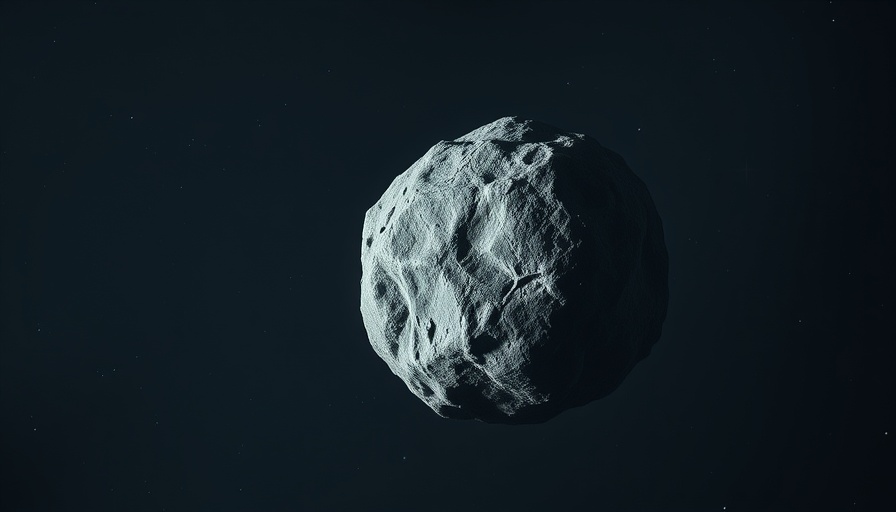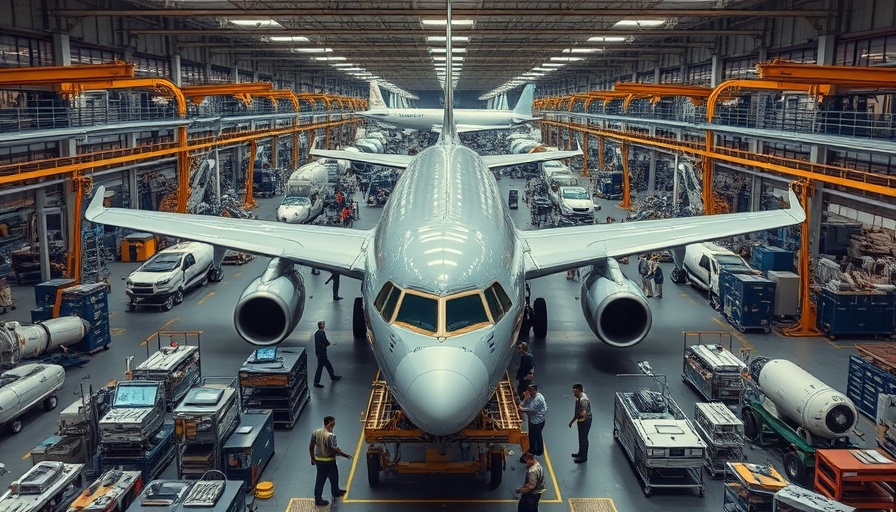
China Takes Giant Leap with Tianwen-2 Space Probe
China's bold step into the cosmos occurred on May 28, 2025, as it launched the Tianwen-2 probe, marking its first attempt to retrieve samples from an asteroid. With a Long March-3B rocket, the probe lifted off from the Xichang launch site in Sichuan province, heralded as a significant milestone for the nation's ambitious space program. Xinhua state news agency reported that the mission aligns with President Xi Jinping's vision of achieving a "space dream" for China.
Goals of the Tianwen-2 Mission
The Tianwen-2 mission aims to collect samples from the near-Earth asteroid 2016HO3 and explore comet 311P, providing vital clues to how the early solar system formed. The asteroid, measuring approximately 40 to 100 meters in diameter, is considered a "living fossil" of ancient materials. Additionally, the comet's unique characteristics can help scientists separate asteroids from comets in future studies, making this mission a cornerstone in planetary science.
China's Growing Influence in Space Exploration
China has significantly ramped up its investment in its space program over the past several years, with efforts including the establishment of the Tiangong space station, crewed missions, and robotic explorations to the moon and Mars. The successful placement of astronauts into orbit through the Shenzhou-20 mission last month further solidified its position as a leading player in space. The Tianwen-2 mission is expected to last around a decade, showcasing China's commitment to advancing its interplanetary knowledge and capabilities.
The Importance of Asteroid Research
The study of asteroids is not merely an academic pursuit; it opens avenues for understanding the origins of our solar system and potentially unearthing resources for future space missions. The materials and data gathered from the Tianwen-2 mission could inform the development of advanced technologies needed for sustained human presence in space, an endeavor that is becoming increasingly vital as nations aim for long-term lunar bases and Mars colonization.
Global Collaboration and Competition in Space
The race to explore outer space has been marked by both collaboration and competition. While China endeavors to carve out a significant role for itself, international partnerships may also emerge, leading to collaborative efforts in astrobiology and planetary defense. As nations look beyond Earth, the findings from Tianwen-2 could provoke discussions on the value of global cooperation in unlocking the mysteries of our solar neighborhood.
 Add Row
Add Row  Add
Add 




Write A Comment